FAQs: How to Plant, Protect, and Promote Trees in Your Neighborhood
Follow our tips to nurture a strong, thriving tree canopy.
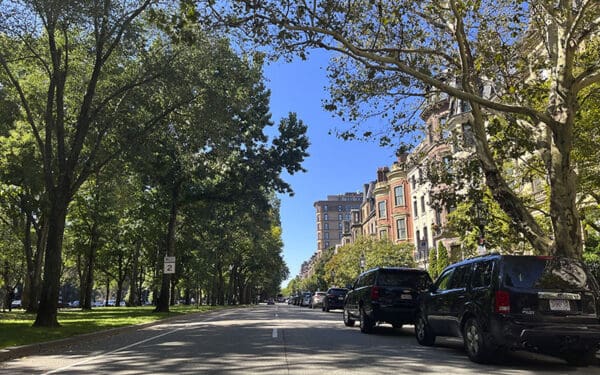
Follow our tips to nurture a strong, thriving tree canopy.

I thought I had found a climate haven for me and my family. After Helene, I realized that there is no haven for any of us.
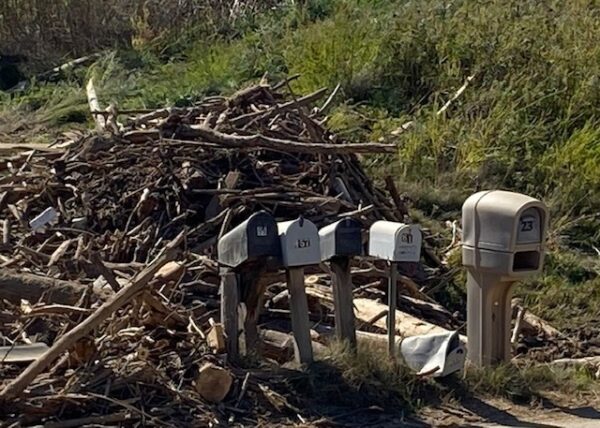
There is no haven from climate change. Like a B-movie horror film, we might run from the boogieman to locales we think are safe, but the scale and magnitude of climate change are so great that, sooner or later, the boogieman will get us.
Our only recourse now is to take our heads out of the sand and work to do something about it.
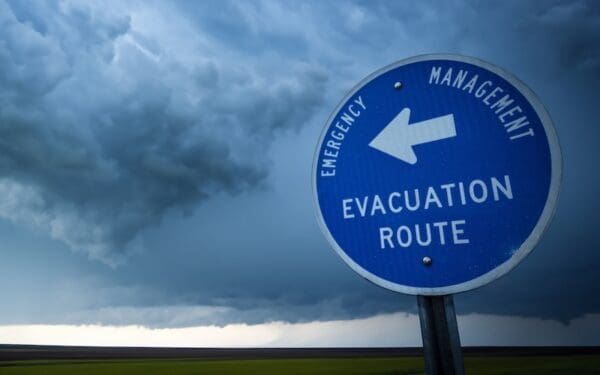
An increasingly accepted principle in city halls and state houses is that communities can become more resilient to extreme weather by leaning into nature.

Bottle bills place a small deposit on beverage containers. Consumers get that deposit back when they return the empty containers. Bottle bills tackle litter and improve recycling. Despite these benefits, the waste and beverage industries argue these programs are outdated or unnecessary. But here’s the truth: bottle bills work. Let’s dispel some myths.
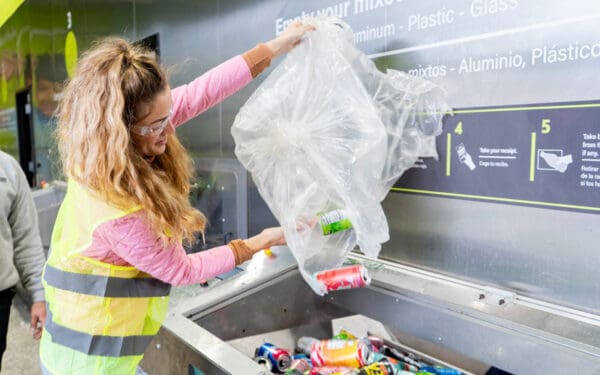
Evaluating candidates running for office can be tricky. Especially when the environment is top of mind. Here are a few pointers to help you assess the best state, local, and national candidates.
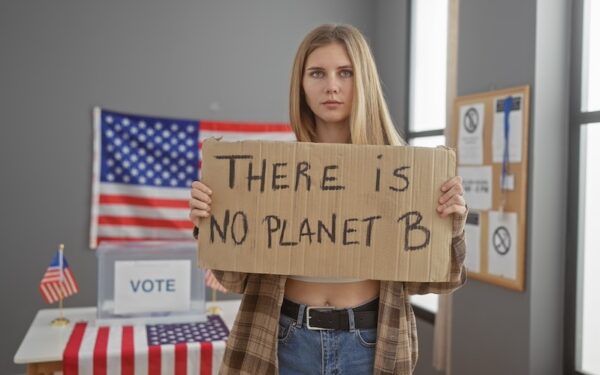
In any given election, millions of us don’t vote for a whole host of reasons. Here are five common reasons people don’t vote, and how they can be overcome.
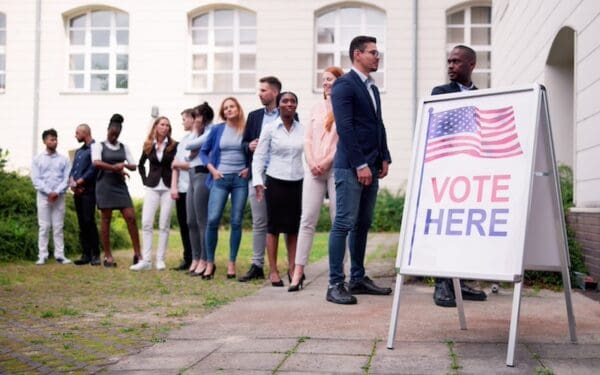
Who you vote into office colors every aspect of your life–from the purity of the air you breathe to the safety of the water you drink.

Cashes Ledge nourishes marine life and builds climate resilience in the Gulf of Maine.
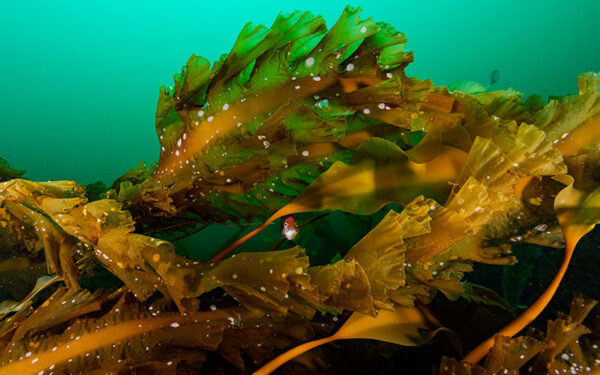
The number of trees in a neighborhood is determined by income and race. It’s a troubling imbalance that holds broad social implications as we grapple with climate change.
